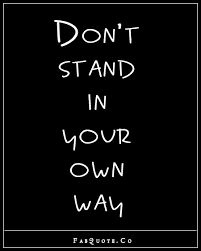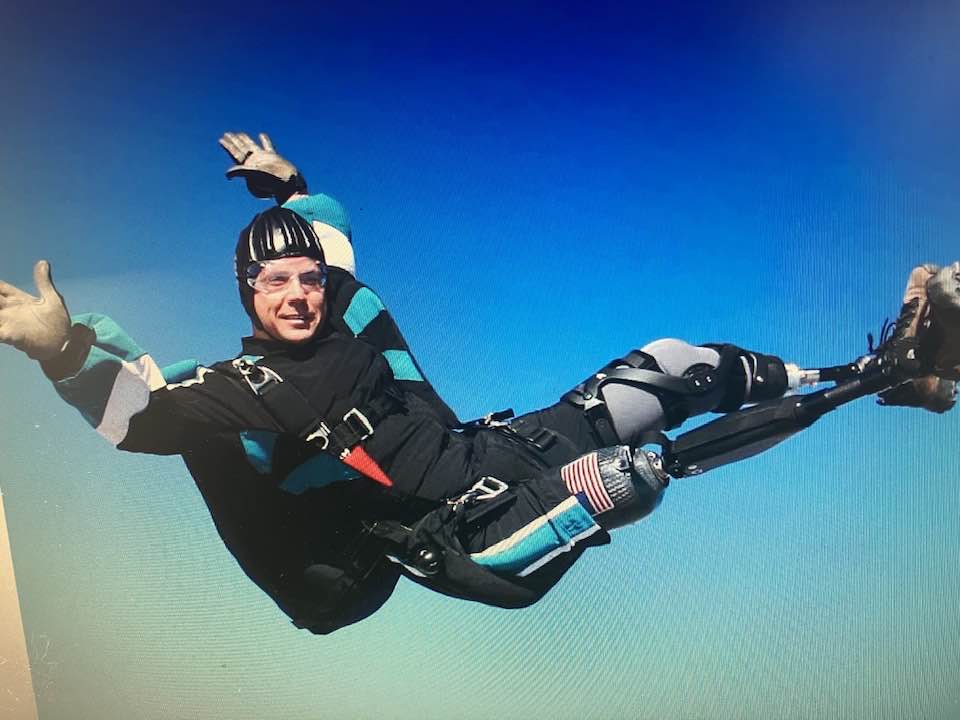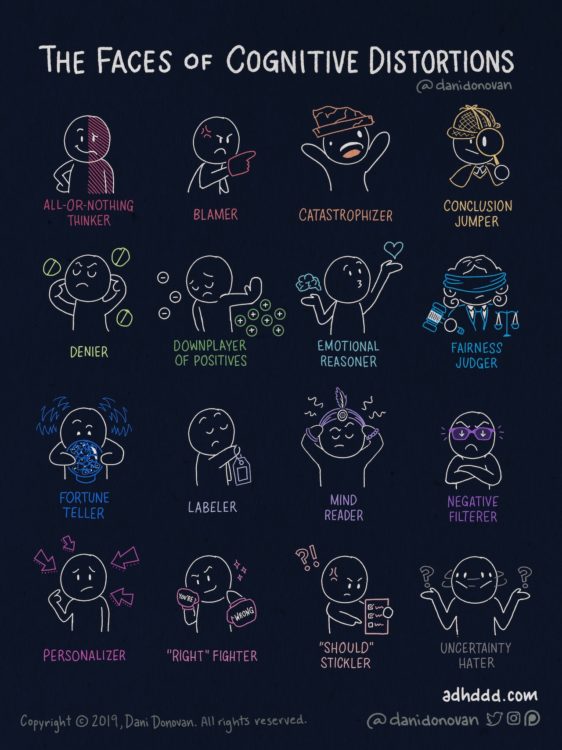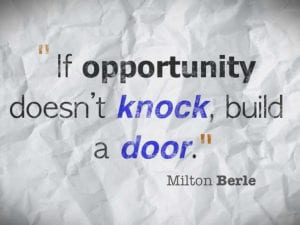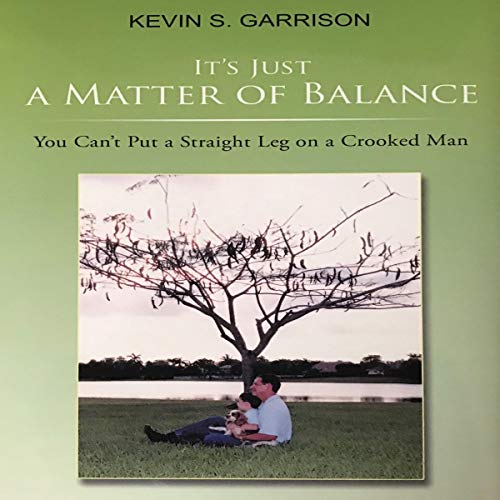
It’s just a matter of balance. Every Amputee has those discouraging times when a book like this will rejuvenate and inspire. His title says it all; life is just a matter of balance.
As a fellow amputee, I can relate to the trials he went through. However, the inspiration his limb loss generated brought him to a new standard of empathy and compassion. He would not stop till his prosthesis was the best there could be.
Do Amputees Make the Best Prosthetists?
Rarely do you get the different perspectives of amputees and prosthetists in the same book. Lawrence Durrell’s Alaxerindian Quartet also showed that the social matrix of seeing how different one perspective enriches another. What makes this heartwarming book so important is the transition from a frightened Amputee to a devoted Prosthetist.
Your relationship with your Prosthetist is crucial to your physical and psychological recovery from an amputation. The relationship you form is not temporary. It creates a lifelong bond. It is not the creation of an artificial limb that, when adjusted, ends your need to follow through. It is not like buying enough shoes till you can match all your outfits. Your stump will change as well as your gait and movement. Therefore, you need a lasting relationship with a professional so that the prosthesis can adapt to your life.
First Patient then Prosthetist
Kevin starts off his book with an amputation. It is a very accurate description of a young man who has a below-knee amputation. His anxiety, fear, and feelings of helplessness predominate in the first part of the book. He slowly begins to understand that he needs to have a close relationship and articulate how his prosthesis needs to be adjusted. It is the journey from terrified consumer to professional that makes this so fascinating.
It’s just a matter of balance. The subtitle is “You Can’t Put a Straight Leg on a Crooked Man.” is puzzling at first. Fortunately, the author has a good sense of humor. His optimism fires up his passion for making the prosthesis fit accurately and adequately allowing him to make the correct decisions when facing such a life-changing event. As he learns more and more about his prosthesis, he becomes more confident that he wants to help others get back on their feet. Life is just a matter of balance becomes his lifelong motto. His personal story is an inspiration to us all. As someone who has gone through similar trials, I relate to his recovery and perception of life. I am very proud of him not just for his book but for how he has conducted his life.
It’s Just a Matter of Balance
It’s just a matter of balance that says it all. As any amputee knows, the phrase, “It’s Just a Matter of Balance” is understated. The remainder of the book is devoted to Kevin becoming the best Prosthetist he can be. Because he has gone through an amputation, he is incredibly empathetic to the plight they suffer. Kevin is driven by his positive attitude and commitment to ensuring that every prosthesis he makes will fit the best of his abilities. Some psychologists may say that this is an over-compensation for being an amputee. Kevin would say,” That may be true, but so is holding himself to a higher standard.”
Many women complain about the number of male gynecologists they are practicing. They say it is like someone teaching driver education when he’s never driven a car: a simplistic comparison but a necessary one. Take a long look at what your Prosthetist has given you and speak out if it needs adjustment. This book empowers you as an amputee to make your relationship with your Prosthetist the best you can make it.
You will enjoy this book immensely. Almost every Amputee will, at some point, wish the author was their prosthesis maker. It clearly shows how meaningful your relationship with him is. No wonder it has been recommended reading by the American Academy of Orthotists & Prosthetists.
Stop Feeling Part of You is Missing(Opens in a new browser tab)
How to find the best Prosthetist(Opens in a new browser tab)
